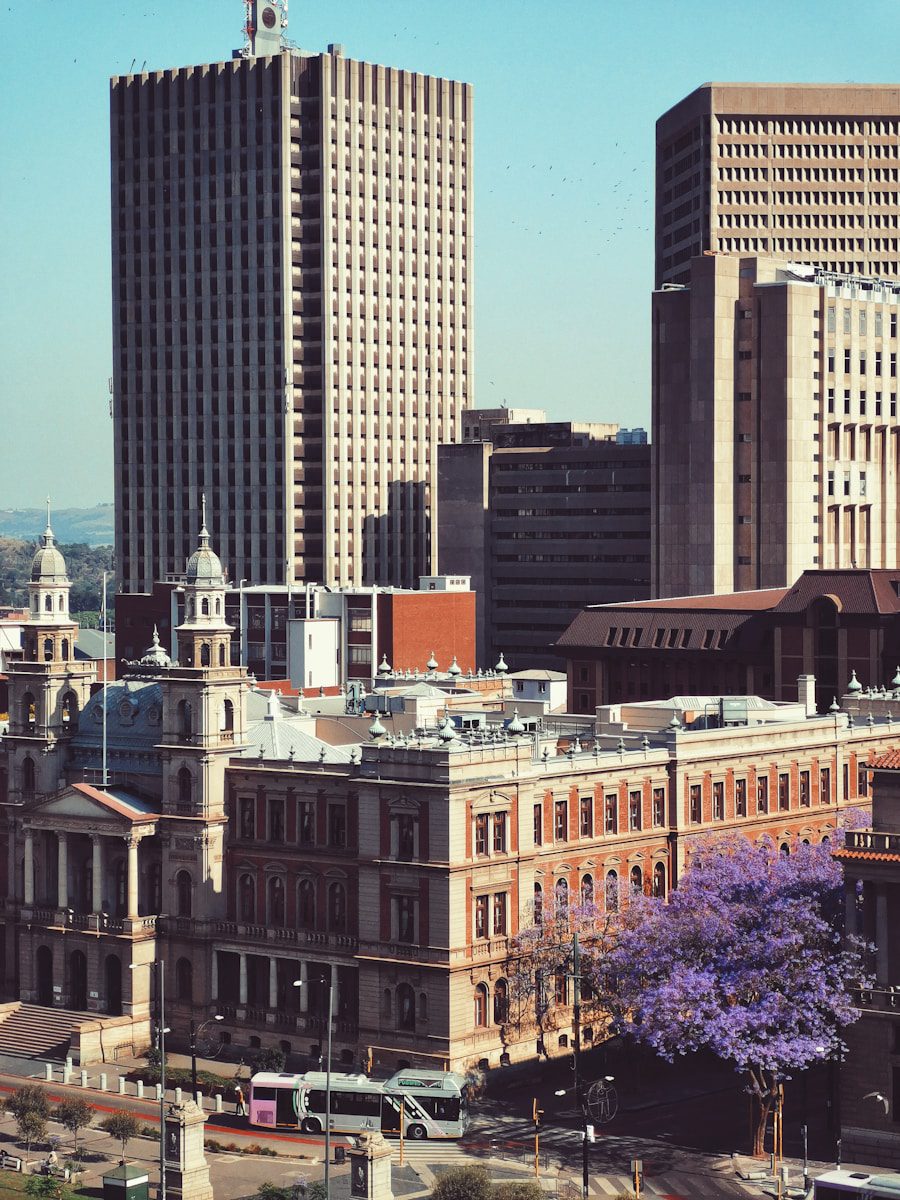Cape Town, South Africa – In a groundbreaking judgment, the Western Cape High Court has overturned the South African government’s decision to approve offshore oil and gas exploration along the country’s southwest coast. The ruling represents a major triumph for civil society groups and coastal communities who have long opposed the controversial drilling project in Block 5/6/7.
Judicial Ruling Shifts the Balance
On 13 August, Judge Mangcu-Lockwood delivered a decision that has far-reaching implications for environmental governance in South Africa. The court found that the environmental authorisation granted to Shell and TotalEnergies was fundamentally flawed, failing to properly consider the risks posed to marine ecosystems, local livelihoods, and cultural heritage. By setting aside the authorisation, the court effectively brought the project to a halt.
Civil Society at the Forefront
The case was spearheaded by The Green Connection and Natural Justice, two prominent environmental organisations that have consistently advocated for greater accountability in resource extraction projects. Their legal challenge highlighted significant deficiencies in the consultation process, particularly the exclusion of many fishing communities and indigenous groups who would be directly affected by offshore drilling activities.
Communities Demand Protection of Oceans
For the small-scale fishers and coastal families dependent on the ocean for survival, the ruling is more than just a legal victory it is a recognition of their right to be heard in decisions that directly impact their livelihoods. Many communities along the South-West Coast expressed relief, emphasizing that unchecked industrial activities could jeopardize food security, sustainable fishing practices, and cultural traditions tied to the sea.
Accountability for Big Energy
Multinational giants like Shell and TotalEnergies have faced mounting criticism globally for pushing ahead with fossil fuel projects despite growing evidence of environmental harm and climate change impacts. This judgment underscores the need for governments and corporations to meet higher standards of environmental responsibility and engage meaningfully with affected communities before proceeding with extractive ventures.
A Turning Point for Environmental Justice
Beyond halting this specific project, the court’s decision sets a crucial precedent for how South Africa handles future applications for oil and gas exploration. It strengthens the argument that environmental justice and community participation must be central pillars in the country’s energy and development policies. Experts suggest this ruling could influence broader debates around South Africa’s transition to renewable energy and its commitments to climate resilience.
Conclusion
The Western Cape High Court’s ruling is a landmark moment for environmental justice in South Africa. By holding the government and powerful corporations accountable, it reinforces the principle that development cannot come at the expense of vulnerable communities and fragile ecosystems. As the country grapples with energy needs and climate obligations, this case serves as a reminder that sustainable progress must balance economic growth with the protection of people and the planet.
for more news : africaheritagevoice.com




